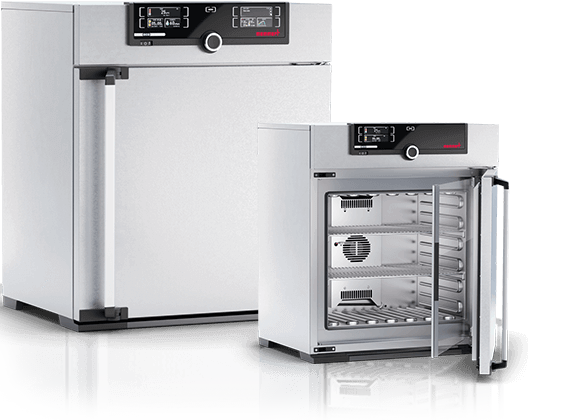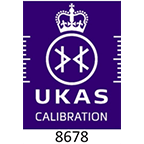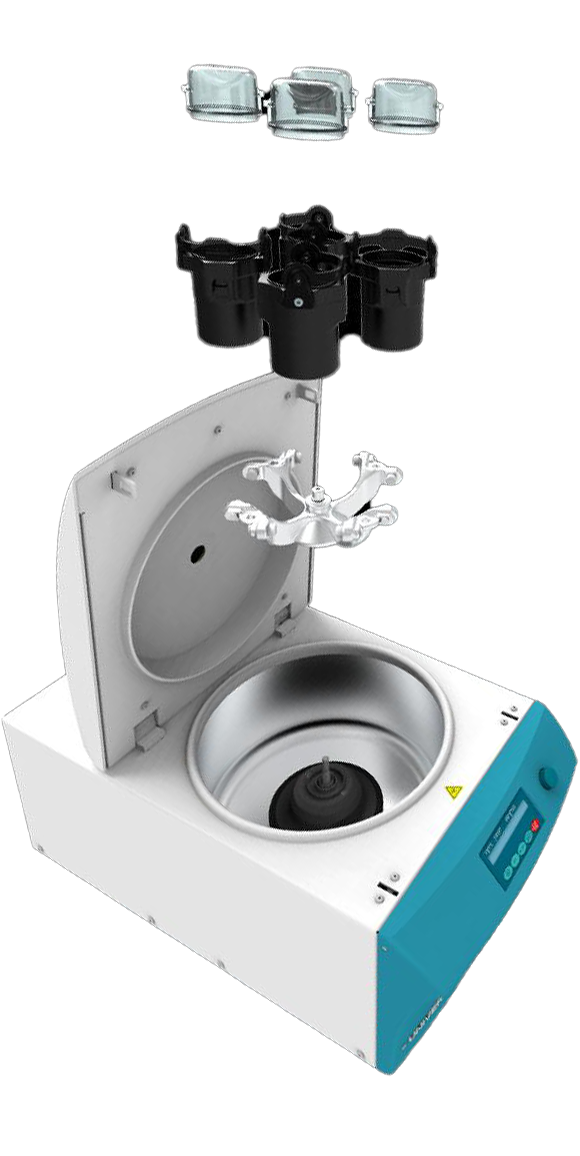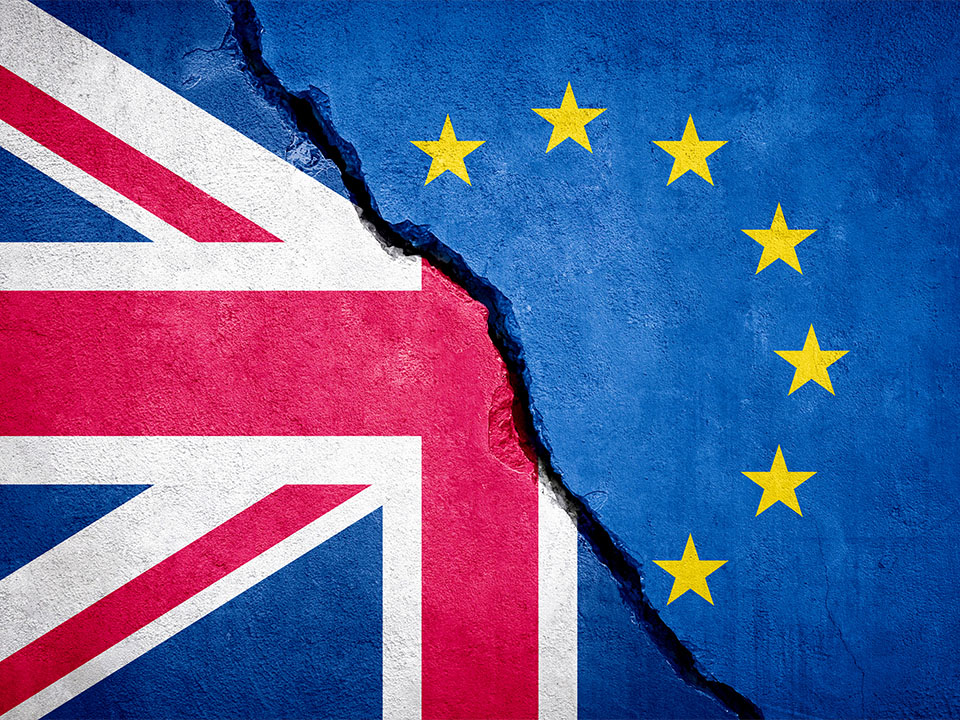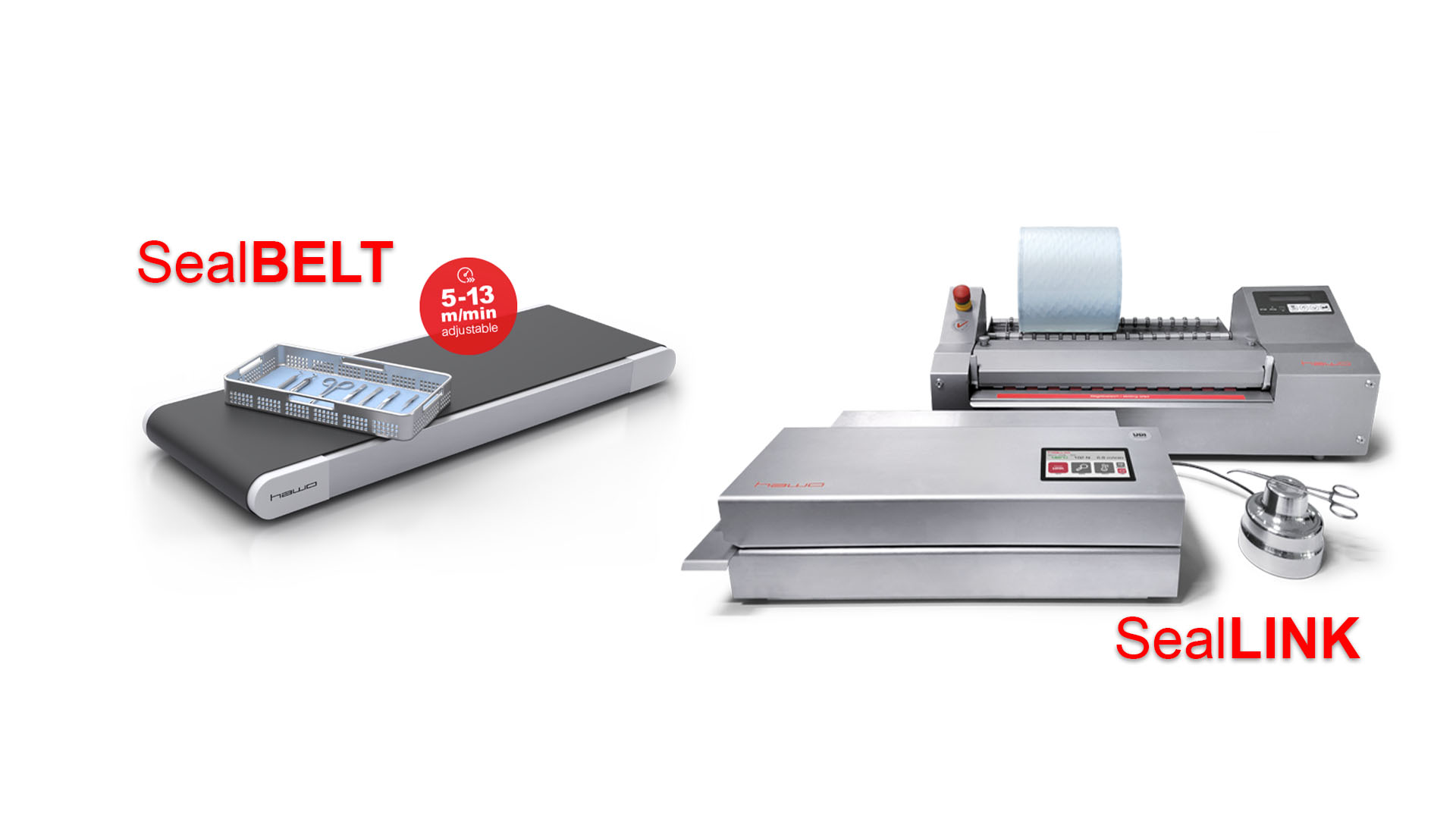As the 29th March 2019 draws closer, the possibility of the UK leaving the EU without a deal increasingly becomes a reality. The supply and availability of medicines has garnered the lion share of the media attention. However, what effect will a no-deal Brexit have on medical devices?
Scale of the problem
Many core laboratory instruments such as centrifuges, refrigerators, freezers and incubators are sourced from EU member states. For example, well known centrifuge manufacturers such as Hettich and Sigma have factories in Germany. Companies such as Vestfrost and Gram make products in their native Denmark. Indeed, even non-European and domestic brands have a manufacturing base in places like Romania and Poland. In the event of a no-deal Brexit, it is possible that these imported goods will become more expensive. This is due to a weaker pound and higher tariffs. Indeed, there may also be a delay in medical devices being delivered to laboratories. This is because long queues may develop at ports and other entry points into the UK.
Medical device regulation
At present, all medical devices in the UK are subjected to EU legislation. The most obvious sign of this can be seen in the use of the CE mark. This is clearly shown on the rating plate of all medical devices. This mark demonstrates that the device conforms to certain health, safety and environmental standards set by the EU.
Manufacturers of class I devices, such as centrifuges and refrigerators, can self-certify their products before placing a CE mark on the goods. However, higher risk class II and class III products such as safety cabinets and isolators will have to be certified by a Notified Body (NB) such as SGS. NBs are monitored by the Medicines and Healthcare products Regulatory Agency (MHRA) and overseen by the European Commission.
If there is no deal, MHRA’s current association with the European regulatory network for medical devices would end. Instead, the MHRA would take on full responsibility for the safety of medical devices.
In the event of a ‘no-deal’ Brexit, the MHRA could make a national decision to ban the marketing of a CE marked device it doesn’t deem to be compliant regardless of any EU regulatory network. In short, the MHRA would have much more control over the CE marking of medical devices and could alter legislation as it sees fit.
Market surveillance
At the moment, market surveillance is pan-European and data is freely shared between EU member states. This means that if a disagreement arises with regards to CE marking of a medical device in any EU member state, it can be escalated through various European channels. This includes, but is not limited to, the Medical Devices Coordination and potentially even the Court of Justice of the European Union (CJEU).
In the event of a ‘no-deal’ Brexit, the MHRA would perform market surveillance. Furthermore, as already mentioned, it could make decisions to ban the marketing of a particular CE marked device it doesn’t deem to be compliant, regardless of the standpoint of any EU regulatory network.
Registration of medical devices
After the 29th March 2019, manufacturers of medical devices will need to be registered with the MHRA before being placed in the market. As with the market surveillance of medical devices, responsibility is shifting away from the corridors of Brussels and the emphasis will be for the MHRA to carry out policing.
There will be a grace period for medical devices to be registered with the MHRA. For class I devices, the time given to register with the MHRA is 12 months. Whilst for class II products it is 8 months and class III instruments will be 4 months.
Summary
In short, regulation and policing of medical devices will shift from pan-European regulatory networks to the MHRA. Depending of the type of medical device, registration will need to take place in 4 to 12 months. Products that do not comply or have not registered with the MHRA will, theoretically, not be available for British consumers.
How Henderson Biomedical is prepared for a no-deal Brexit
As Henderson Biomedical is a supplier of medical devices, we are keeping a close eye on Brexit developments. We have produced contingency plans for a no-deal Brexit. Furthermore, we have put measures in place to ensure minimum disruption for our customers. If you would like more information on our Brexit contingencies, please contact us by calling 020 8663 4610 or email us at info@henderson-biomedical.co.uk.
